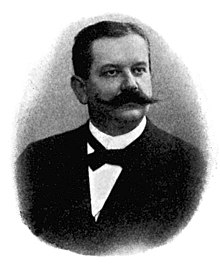| Uhthoff's phenomenon | |
|---|---|
| Other names | Uhthoff's syndrome, Uhthoff's sign, Uhthoff's symptom |
 | |
| Specialty | Neurology |
| Symptoms | fatigue, pain, urinary urgency, worse optic neuritis |
| Causes | high body temperature, causes longer inactivation of voltage-gated sodium channels |
| Diagnostic method | based on symptoms |
| Differential diagnosis | degeneration of condition of multiple sclerosis |
| Prevention | keeping cool, use of cool clothing |
| Treatment | cool clothing |
| Medication | none |
| Prognosis | typically completely reversible |
| Frequency | 60-80% of people with multiple sclerosis |
| Deaths | 0 |
Uhthoff's phenomenon (also known as Uhthoff's syndrome,[1] Uhthoff's sign,[1] and Uhthoff's symptom) is the worsening of neurologic symptoms in multiple sclerosis (MS) and other demyelinating diseases when the body is overheated. This may occur due to hot weather, exercise, fever, saunas, hot tubs, hot baths, and hot food and drink. Increased temperature slows nerve conduction, but the exact mechanism remains unknown. With an increased body temperature, nerve impulses are either blocked or slowed in a damaged nerve. Once the body temperature is normalized, signs and symptoms typically reverse.[citation needed]